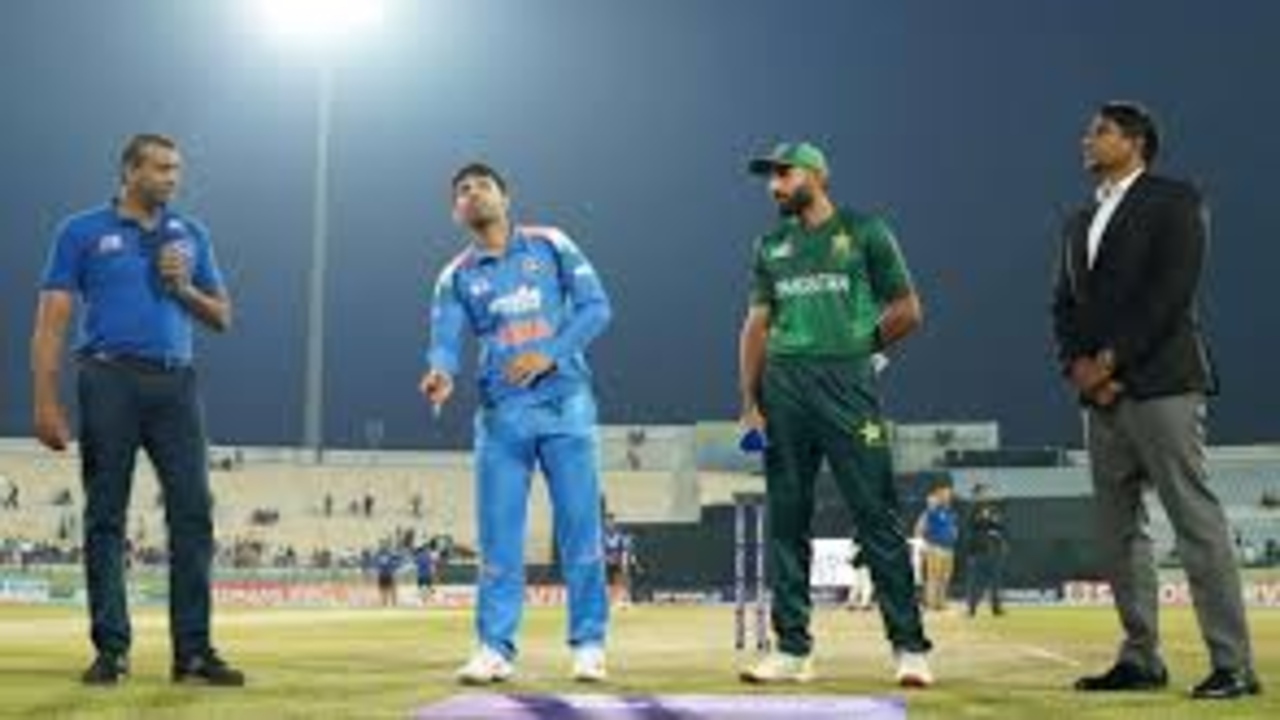The Asia Cup Rising Stars clash between India A and Pakistan Shaheens in Doha drew attention even before the first ball was bowled, as players from both sides notably skipped the customary handshake after the national anthems. Captains Jitesh Sharma and Irfan Khan led their teams through the pre-match formalities, but the expected gesture of sportsmanship was missing, instantly sparking debate and curiosity.
The abstention wasn’t an isolated incident. Over the past year, India’s teams both senior and developmental, have repeatedly refrained from shaking hands specifically against Pakistan. The trend began during the 2025 Asia Cup when Suryakumar Yadav chose not to extend the gesture after India’s win. India A’s stance in Doha appears to be a continuation of that quiet but unmistakable policy.
In cricket, the handshake is more than a pre-match ritual; it is a signal of mutual respect, acknowledgement, and the spirit of the game. Its absence, therefore, carries weight. While players continued their warm-ups and preparations as usual, the missing handshake served as a silent message one that hinted at deeper tensions simmering beneath the cricketing surface.
Pakistan A certainly took note. Commentators and fans observed that skipping handshakes is extremely rare in international cricket and usually reflects heightened strain between competing sides. The incident also highlights how Indo-Pak cricket continues to mirror the broader geopolitical climate, with emotional, diplomatic and social narratives often blending into the sporting context.
As play gets underway, the absence of a handshake remains an emblematic prelude, a reminder that this encounter is about more than cricketing pride. It unfolds amid a wider backdrop shaped by history, sentiment, and political undercurrents that have long defined the India–Pakistan rivalry.

